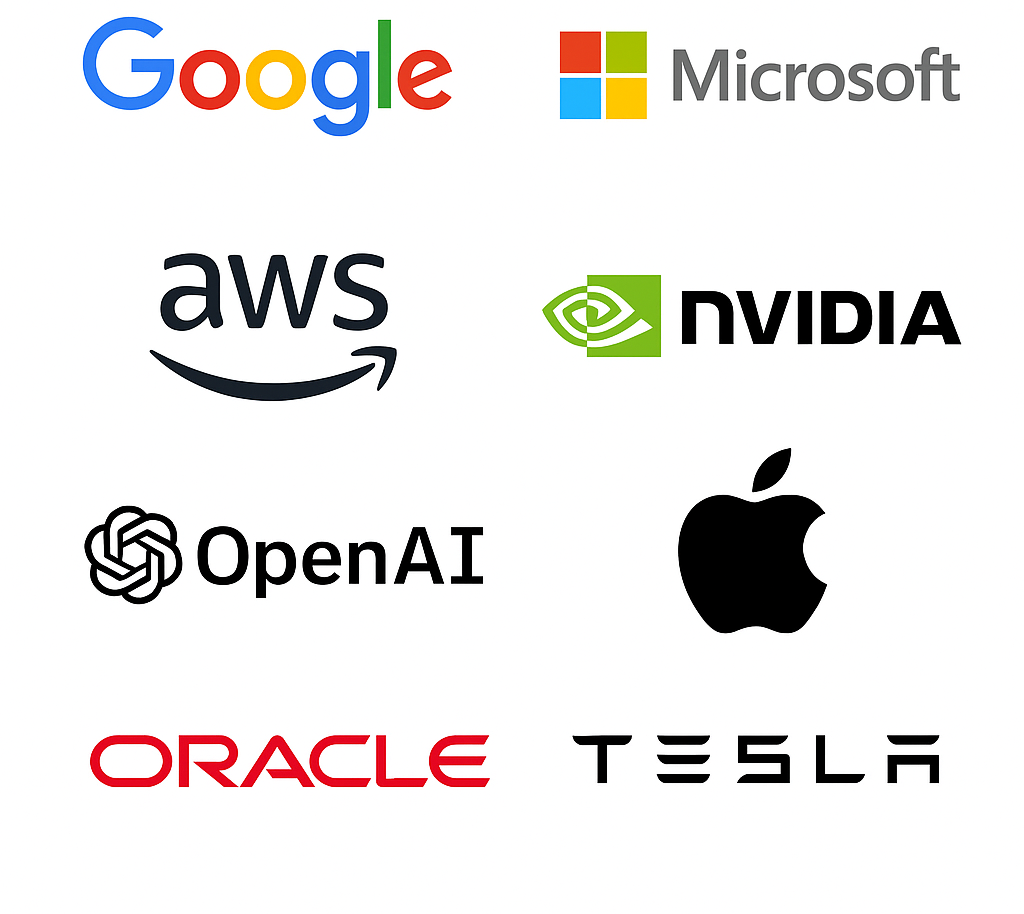Subtotal $0.00
Over the last decade of tinkering, iterating, and launching solutions in the tech space, including our current platform, my experience has led me to ponder a tough question:
Are we truly technology producers, or are we simply technology consumers?
It’s always a proud moment when startups across Nigeria and Africa introduce groundbreaking fintech, healthtech, edutech or agritech solutions or reach unicorn status. We’re celebrated globally as part of a fast-growing digital economy. But beneath all that excitement lies a difficult truth: much of what we call “innovation” still sits on borrowed technology stacks as foundations.
Think about it. We don’t build our own processors, write our own operating systems, or run large-scale data centers that are powered by homegrown technology. The programming languages, frameworks, and cloud platforms we depend on were created elsewhere. Our applications (mobile, web and desktop), as brilliant as they are — run entirely on technology layers we don’t own or control.
Imagine for a moment that Google, Microsoft, AWS, Nvidia, OpenAI, Apple, Oracle, or Tesla etcetera suddenly withdraws their services or went offline just like AWS outage experienced globally on Monday, 20th October, 2025, how many of our startups would still function? How many local fintech, logistics, or e-commerce platforms could continue operating independently?
And let’s take it even closer to home, what if WordPress goes offline tomorrow?
How many corporate websites, online stores, government portals, and personal brands across Nigeria and Africa would instantly disappear from the internet? WordPress powers over 40% of all websites globally, including countless local businesses and institutions. For many entrepreneurs, it’s the backbone of their digital presence. Its sudden absence would expose just how dependent we are on a single foreign technology for something as basic — yet vital — as having a website.
The reality is sobering: our digital ecosystem is deeply dependent on foreign infrastructure, data systems, and computing power.
Africa currently accounts for less than one percent of the world’s data centers. Over ninety-nine percent of the data we generate in finance, health, commerce, and education is stored or processed outside the continent. And while our talent pool is growing rapidly, less than five percent of the world’s AI researchers are based in Africa. We’re consuming models we didn’t train, running code on systems we didn’t build, and deploying apps on clouds we don’t control.
This dependency creates a single point of failure. A change in global supply chains or a new foreign regulation could disrupt our businesses overnight. It’s a reminder that while we’ve mastered the application layer, the foundation remains beyond our reach.
If we truly want to build a resilient, independent digital economy, we must start thinking beyond apps. We need to start building the stack itself such as the underlying layers of hardware, cloud, operating systems, and AI that make modern technology possible. That means investing in local research and open-source infrastructure, supporting hardware manufacturing and assembly, and building regional high-performance computing and AI hubs that serve our unique realities.
This also means rethinking how governments and angel investors allocate resources. Tax incentives, grants, and partnerships should go beyond software startups to include innovators working on chips, batteries, data storage, and foundational systems. These are the building materials of the future and we can’t afford to keep importing them forever.
We have the talent. We have the creativity. We have the market. What we need now is the determination to move from consuming technology to producing it. This covers from building apps to owning the stack that powers them.
The question isn’t when will we start?
It’s what part can you and your organization begin building today to help Africa become a true technology producer tomorrow?
#TechSovereignty #DigitalEconomy #FutureofAfrica #NigeriaTech #Innovation #FoundationalTechnology #TechLeadership


